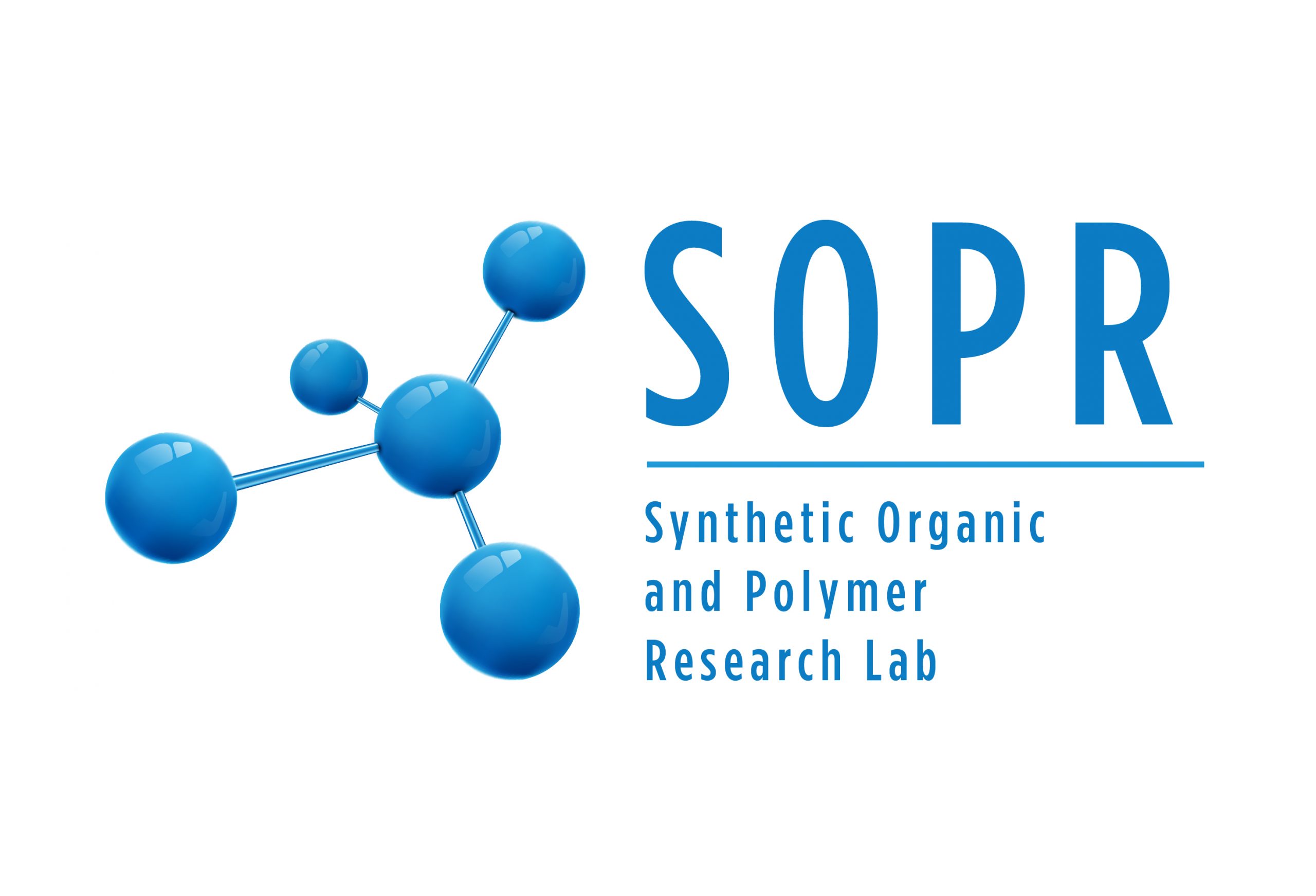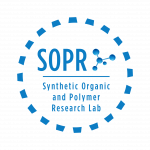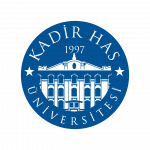Courses
Graduate Courses
The course focuses on principles of organic chemistry and their application to reaction mechanisms, as well as how structural changes influence mechanism and reactivity. It also discusses bonding theory, stereochemistry, conformation, aromaticity, and mechanistic types.
This course will cover the following topics in advanced level with all details:
- Oxidation and Reduction
- Conjugation, Resonance, and Dienes
- Aromaticity: Benzene and Aromatic Compounds
- Aromatic Substitution: Electrophilic Aromatic Substitution (EAS)
- Radical Reactions/Free-Radical Reactions
- Carboxylic Acids and the Acidity of the O–H Bond
- Introduction to Carbonyl Chemistry; Organometallic
Reagents; Oxidation and Reduction - Reactions of Carbonyl Compounds & Reaction of Carbon Nucleophiles with
Carbonyl Groups: Aldehydes and Ketones—Nucleophilic Addition; Carboxylic Acids and Their Derivatives—
Nucleophilic Acyl Substitution; Substitution Reactions of Carbonyl Compounds at the α Carbon; Carbonyl
Condensation Reactions - Amines
- Carbon–Carbon Bond-Forming Reactions in Organic Synthesis
- Planning and Execution of Multistep Synthesis
This course will cover the following topics in advanced level with all details:
- Chemical Bonding and Structure, Principles of Stereochemistry
- Conformational, Steric, and Stereoelectronic Effects
- Study and Description of Organic Reaction Mechanisms
- Nucleophilic Substitution
- Polar Addition and Elimination Reactions
- Carbanions and Other Nucleophilic Carbon Species
- Reactions of Carbonyl Compounds
- Aromaticity
- Aromatic Substitution
- Concerted Pericyclic Reactions
- Free-Radical Reactions
- Photochemistry
This course will cover the fundamentals of separation and purification techniques that is needed for laboratory
studies. The course will also provide practical laboratory training skills to give fundemental knowledge to the
students to define appropriate purification and separation techniques which will be needed for advanced laboratory
studies.
This course will cover the following topics in advanced level with all details: UV/Vis Spectroscopy, Infrared (IR) and Raman Spectroscopy, Mass Spectrometry (MS), Nuclear Magnetic Resonance (NMR) Spectroscopy.
Undergraduate Courses
This course covers the study of the major concepts and theories required for an understanding of chemical phenomena. Introduction to the general principles of chemistry for students planning a professional career in chemistry, related sciences, the health professions, or engineering.
- Stoichiometry
- Atomic structure
- Chemical bonding and geometry
- Thermochemistry
- Gases
- Types of chemical reactions
- Statistics
Weekly laboratory exercises emphasize quantitative techniques and complement the lecture material. Laboratory work includes quantitative measurements, characterization of chemicals by physical and spectroscopic methods, molecular modeling, and student-assigned projects concentrating on quantitative measurements of solutions.
This course aims to teach the basic concepts of chemistry and understand direct chemical changes as well as to perceive a connection between an observation in the ”real” macroscopic world and an imagined change in the microscopic world, which is the world of atoms, ions, and molecules.
The study of the major concepts and theories required for an understanding of
chemical phenomena. Introduction to the general principles of chemistry for students planning a
professional career in chemistry, related sciences, the health professions, or engineering.
- Stoichiometry
- Atomic structure
- Chemical bonding and geometry
- Thermochemistry
- Types of chemical reactions
- Statistics
- Matter, its properties and units
- Atoms, molecules, and ions
- Types of chemical compounds
- Mole concept
- Chemical reactions
- Introduction to acids and bases
- Precipitation reactions
- Gravitation
- Redox
- Solutions and their concentrations
- Introduction to thermodynamics
- Electronic structure of atoms
- Quantum theory
- Scattering
- Electronic configuration
- Periodic table and its properties
The main objective of this course is to teach the fundamental theories with recent applications of electricity,
magnetism, electrochemistry, thermodynamics, and reaction mechanisms in a clear, understandable way. The topics
covered in this course are: Gases; Liquids and Intermolecular Forces; Properties of Solutions; Chemical Kinetics;
Equilibrium in All States of Matter; Acid-Base Equilibria and Additional Aspects of Aqueous Equilibria;
Thermodynamics; Electrochemistry; Electric and Magnetic Field in Matters; Electromagnetic Oscillations; Current,
Resistance and Capacitance; and Circuits.


